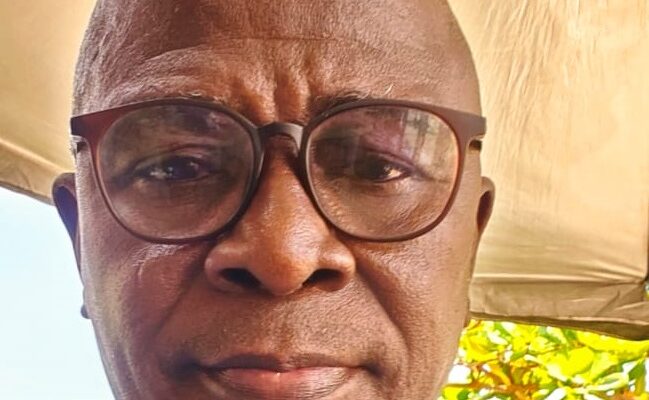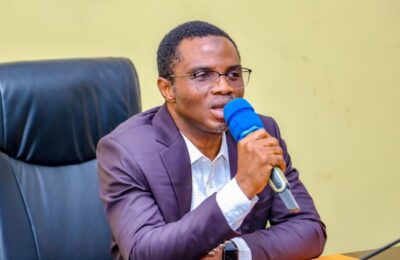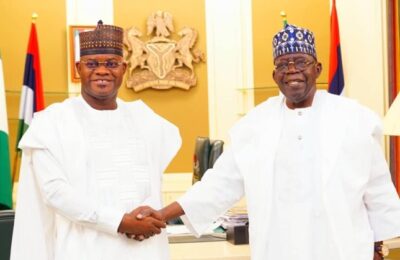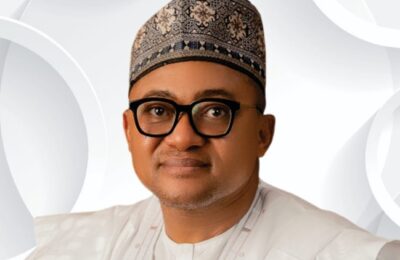In what many Nigerians now describe as a self-inflicted political decline, the major opposition party in Nigeria has spent the better part of the last decade chasing shadows, while the ruling All Progressives Congress (APC) strategically and painstakingly secured power, mobilized support, and shaped national narratives.
Back in 2015, while the PDP was still in power, the APC, then in opposition was silently but vigorously campaigning across the country, winning the hearts and minds of voters. Alarmed by the growing popularity of the APC and sensing an imminent electoral defeat, the People’s Democratic Party (PDP) launched an obsessive search across WAEC offices worldwide for the secondary school certificate of General Muhammadu Buhari (rtd) the APC’s presidential candidate and a former military Head of State.
Rather than engaging in issue-based debates or offering a compelling vision for the future, the PDP focused narrowly on Buhari’s academic credentials. This miscalculation alienated millions of Nigerians eager for change. The result ? APC and Buhari won, resoundingly. The PDP, reeling from its loss, turned to the courts in protest.
Then came 2019. Still unable to chart a new path, the PDP doubled down on technicalities and repeated the same failed strategy chasing perceived disqualifications rather than offering meaningful alternatives.
It was another wild goose chase, and predictably, APC and Buhari secured a second term with ease.
By 2023, the PDP’s approach had become predictable and stale. This time, the focus shifted to Asiwaju Bola Ahmed Tinubu, the APC’s presidential flagbearer.
Asiwaju Tinubu, a man who had spent over three decades preparing for the presidency, brought with him deep political influence, experience, and a nationwide network of loyal supporters. He is widely known for rewarding loyalty and nurturing political talent.
Instead of confronting Tinubu’s formidable structure with a solid strategy, the PDP once again obsessed over academic credentials this time, questioning Tinubu’s degree from Chicago State University. Ironically, official records from the university confirmed not only his status as a graduate but his academic excellence.
While PDP leaders chased documents across U.S. institutions and debated on air and online, the APC was campaigning in the streets, under the rain and sun, building real connections with Nigerians.
By the time the PDP returned from its fruitless mission abroad, the election had already been decided at the ballot box, with Tinubu and the APC emerging victorious not by luck, but by preparation and hard work.
Lacking a coherent post-election plan or national agenda, the PDP once again resorted to courtroom battles and media outrage, continuing a cycle that has long lost its appeal.
Political observers now argue that Atiku Abubakar and the PDP’s obsession with personal attacks and endless alarming has contributed significantly to the party’s steady decline.
Looking ahead to 2027, the PDP is again chasing ghosts this time urging U.S. law enforcement agencies to release nonexistent documents in hopes of reviving failed narratives. Meanwhile, President Tinubu and the APC are busy consolidating governance under the Renewed Hope Agenda, while the opposition remains bogged down in internal conflicts and leadership crises, even before INEC officially kicks off the next election cycle.
Unable to resolve their internal disunity, they resort to blaming the President and alleging a move towards one party system, a claim most Nigerians now dismiss with laughter.
At this point, Nigerians are tired of distraction politics. They are demanding solutions, not squabbles.
If the opposition hopes to be relevant again, it must abandon shadow chasing, scapegoating, and self sabotage. It must study and emulate the political discipline, planning, and people-centered strategy of the APC and refocus on policy, people, and purpose.
Until then, the Nigerian electorate will continue to view them not as a credible alternative but as a relic of the past.
– Hon. Musa Asiru Bakare, member Tinubu Support Group (TSG), writes from Lokoja, Kogi state capital.




